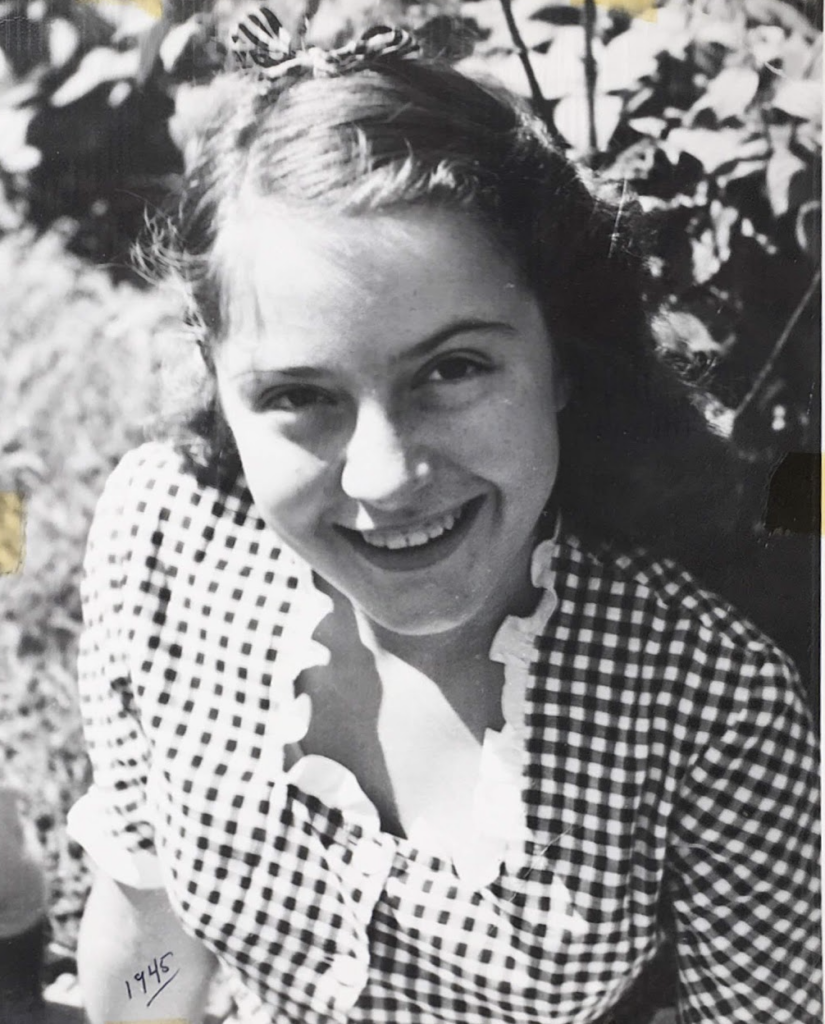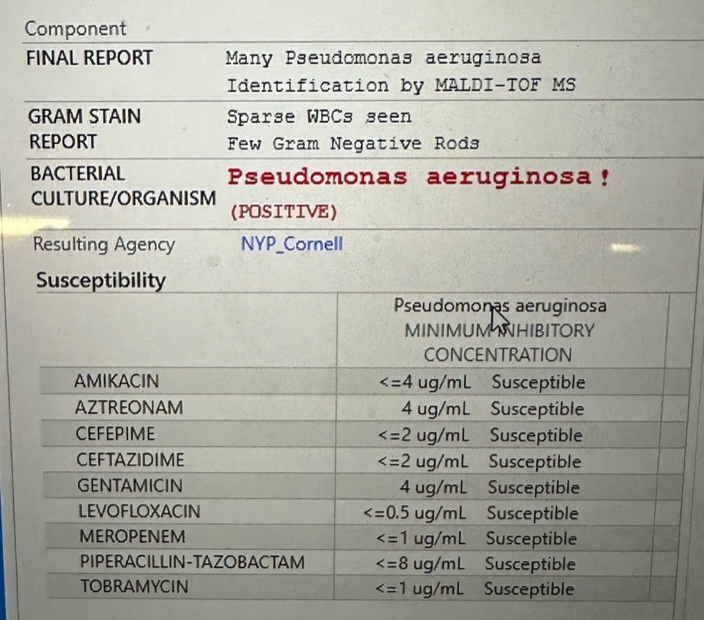 As I’ve written here before, I’m in awe of my mother — a smart woman who doesn’t celebrate Mother’s Day. So in place of celebrating, I’m going to use the holiday anyway as an excuse to share an event that highlights her strengths and resourcefulness. It has an ID theme eventually, so stick around to the end.
As I’ve written here before, I’m in awe of my mother — a smart woman who doesn’t celebrate Mother’s Day. So in place of celebrating, I’m going to use the holiday anyway as an excuse to share an event that highlights her strengths and resourcefulness. It has an ID theme eventually, so stick around to the end.
By way of background, my mother regularly uses New York City’s public transportation system, both the subways and buses. No big deal, one might think, so do umpteen million others. But the reason I mention it is because my mother is old. How old? Just look at me, and do the math for a good approximation. To be specific, she’s about to start her tenth decade.
Plus, she’s been living on her own since my father died, and continues to take care of pretty much everything in her life. This includes food shopping, cooking for herself and cleaning, and managing her surprisingly busy social and academic life. (She has a recent volunteer gig as a teacher, newsletter editor, and student.) She does these things without making a big deal out of it, so my brother, sister, and I take it for granted sometimes, overlooking how remarkable this independence is.
But a few months ago, I received a call that my mother had fallen while getting on the bus and was receiving care in an emergency room. She had no broken bones — thank goodness — but the fall took a sizable chunk of flesh from her left leg. Someone witnessing the injury thought she might need a tourniquet to control the bleeding.
We’ve all seen what falls can do. And it’s not just to older people — I’ve taken care of a man in his 30s whose life was irreversibly changed after falling from a ladder in his kitchen, striking his head, breaking his ankle, and triggering a series of neurologic and infectious complications that left him permanently impaired.
(I’m terrified of ladders. My wife thinks I’m a wimp, but I know better.)
Of course when it comes to falls, older people are especially vulnerable. Neuropathy, muscle weakness, vestibular instability, visual impairment, osteoporosis, and arthritis all come together to make falls way more common — and treacherous — in us as we age. The falls cause physical and psychological trauma that can profoundly weaken a person, leading to an amplifying cycle of debilitation and complications and dependency.
Think how many times you have heard, “He was ok before the fall …” or “Ever since the hip fracture, she’s never been the same.” Shudder.
In my conversations with my mother after the event, the tone of fragility in her voice was one I had never heard. Plus, she was barely leaving her apartment.
But rally she did:
- She openly shared with her family and friends how hard this process was — not an easy disclosure for a person generally independent and hesitant to reach out for help.
- From a skilled and incredibly kind plastic surgeon (Thank you, Dr. Schwartz!), she learned how to monitor and dress her sizable wound each day. I watched her do it, and think she could have had a career as a wound care nurse had she not been a journalist. What talent!
- She gradually increased her ability to get around again, first going for short walks outside when the weather was good, then starting to shop again on her own. She’s now back on public transportation.
- She managed to take a week of levofloxacin without destroying her tendons.
So we finally come to the ID part of this post. When the healing seemed to be slowing, with increased drainage, her plastic surgeon sent a wound culture, results of which he shared with me in this screen shot:

“Unless you have another thought, I’m going to start levofloxacin,” he wrote to me. Yes indeed, good plan — it was a superinfection of this widely open wound. Perhaps it was selected by the previous course of cephalexin she took. Or maybe it was just a “gift” from the flora of the New York City streets.
Ever curious, my mother had two questions, my answers in brackets:
Is this the infamous “flesh eating” bacteria? [No, that’s most often strep.] If this is a pseudo (meaning fake) monas, what’s the real monas like? [I have no idea.]
These are excellent questions, especially the second one.
I’m happy to report that with local care, and antibiotics, and time, the wound has ever-so-slowly healed. She’s “graduated” (her term) to just using a small bandage. No more visits to Dr. Schwartz.
So Happy Mother’s Day, Mom — glad you’re getting better, you did amazingly well. And be careful on those city buses!




